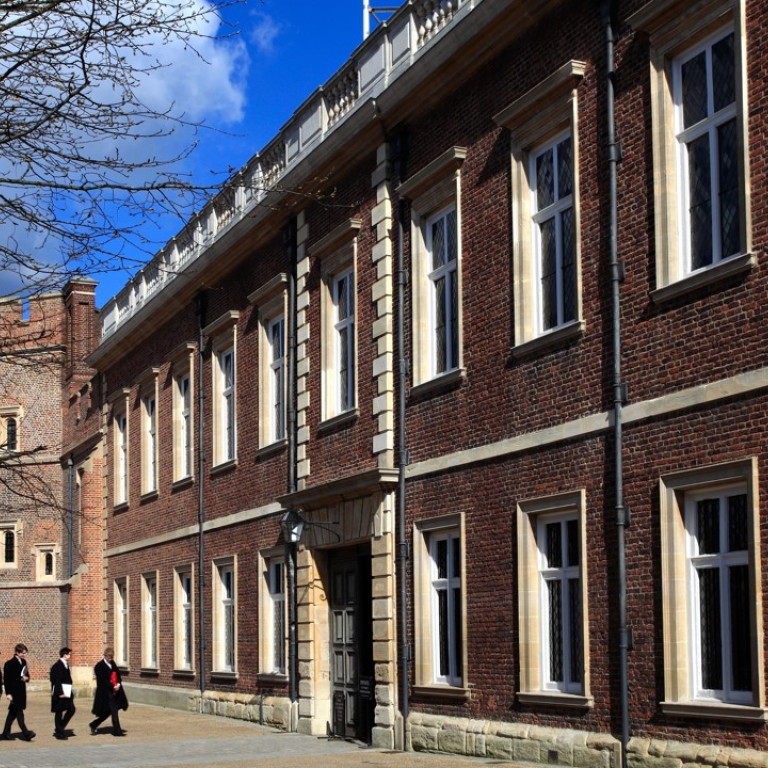
British boarding school fees: how parents can save on the costs of putting their children in one
With boarding costing an average of US$40,000 per year excluding flights, parents need to be aware of the scholarships, bursaries and other assistance available. Experts from top schools and educational guides share their tips
Many expatriate parents want to provide their children with a British boarding experience for at least part of their school career. The schools are also popular with Hong Kong families – as seen at the British Boarding Schools Fair, organised by Britannia StudyLink and held in November – but it is an expensive option.
The 2016 Independent Schools Council (ISC) annual census revealed that the average boarding fees per term for pupils at ISC-member senior boarding schools was £10,217 (US$13,600). Factor in flights, extras and pocket money, and parents could be looking at a bill of nearly £50,000 a year.
How to pick the best British boarding school for your child – and make sure it is the real thing
It was not always so costly, even factoring in inflation: in 1890, public schools were charging between £20 and £40 a year – which for a professional on an average salary, at the time, of £800 to £900 represented less than 5 per cent of their annual earnings. If it cost 5 per cent of a salary today, you would be earning more than £500,000 a year.
It was only after 1950 that school fees began to spiral. From 1974, fees doubled in three years, and between 2000 and 2006 they rose by 40 per cent.
For many parents, British boarding school fees are only affordable because the schools are generous.
There are more than half a million children currently studying at ISC schools in Britain. Of those, 33.2 per cent receive some fee assistance in the shape of a scholarship or a bursary (at a total annual cost to schools of more than £550 million). So as Ralph Lucas, editor-in-chief of The Good Schools Guide, observes, “there’s no cause for shyness”.
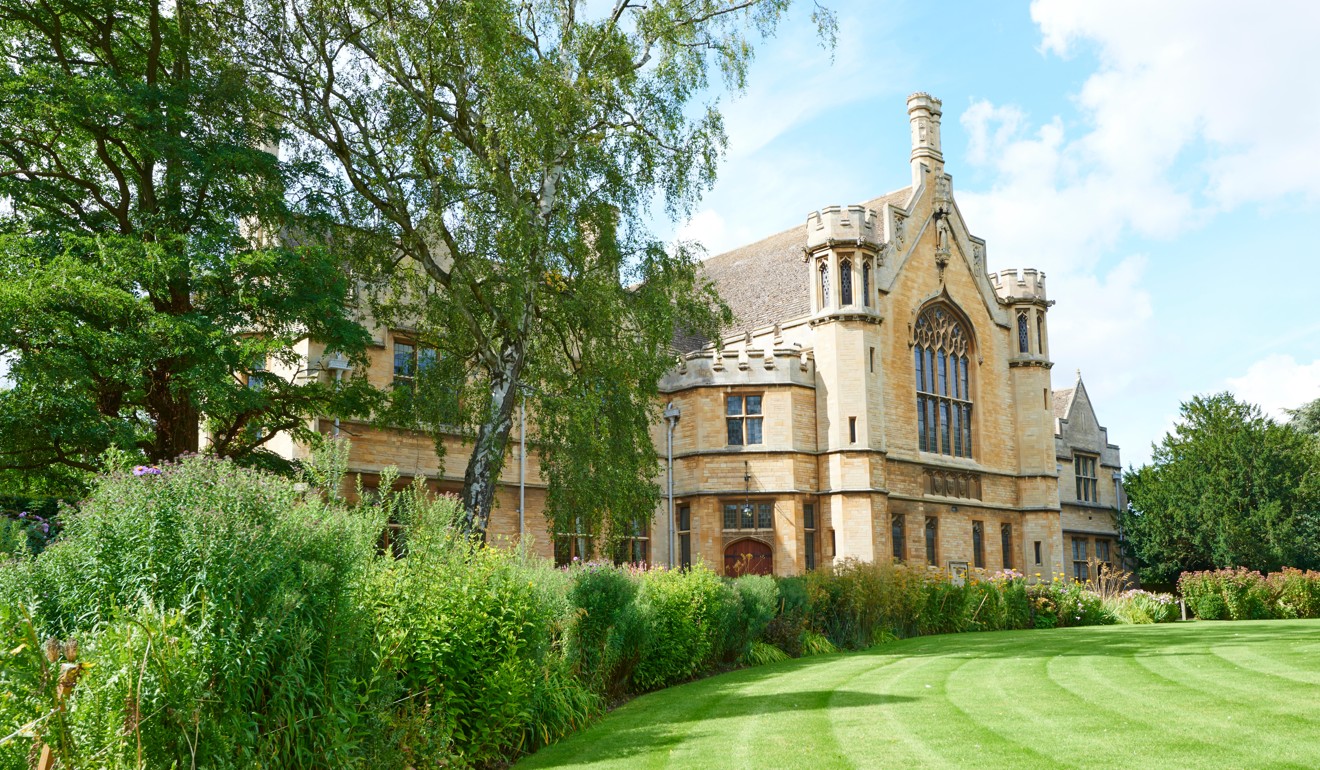
Scholarships (or awards) are only offered at key entry points: 11+, 13+ and 16+ and may be offered for a host of abilities: academic (including specific subjects such as science); sports; music; even location (some offer special awards for local children, some for international), Samuel Chan, founder and managing director of Britannia StudyLink observes.
Hongkongers back in school to learn how to be better parents, whether their children are three or 13
Bursaries may be applied for at any entry level but might not be available, depending on the number of spaces left available. Be prepared to expose your earnings and net worth.
Don’t be afraid to approach a school if you think it’s a good fit for your son or daughter just because the fees are out of your league. Often, the apparently elite – and usually well-endowed – are much more approachable than you might think.
The original aim of public schools was to provide an education for the able children of impoverished parents. Winchester College was founded in 1382 to offer free education to 70 poor students through endowments. Eton College was founded by Henry VI in 1440 on the same model, one which the school follows to this day.
“Our long-term aspiration remains to be able to afford to give 33 per cent of our pupils some form of fee assistance, in the form of scholarships and bursaries,” says Janet Walker, Eton’s bursar.
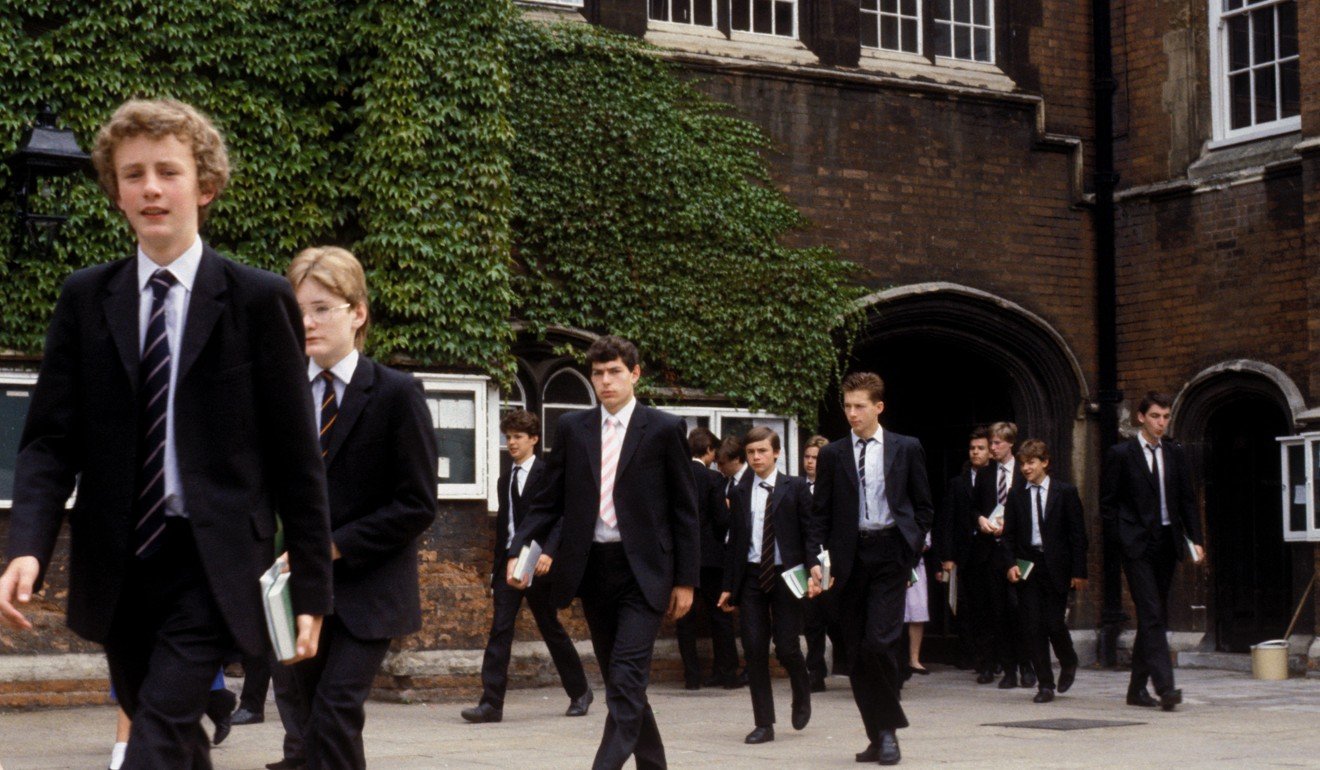
Westminster offers an especially generous 50 per cent boarding fee for academic scholars at 13+.
At another elite school, Harrow, a spokesman says: “We do our best to dispel any off-putting preconceptions about Harrow and encourage talented boys and their families to come and see us. Visitors are often taken aback by how down-to-earth the school is.”
Harrow offers means-tested bursaries of up to 100 per cent to pupils who win a scholarship of any sort but whose parents can’t afford the fees. Bursaries are awarded to pupils who enter the school at any level.
Why Hong Kong parents shouldn’t pile on the praise for results – concentrate on effort
Nevertheless, The Good Schools Guide – which offers a scholarships and bursaries service to help parents spot the best opportunities for their children (the only database of its kind) – warns, “Don’t assume because they are called ‘charities’ that schools will be charitable to you”.
You need to do the graft and you need to do it early enough. As Oundle School’s Phillips warns: “Late applicants, however deserving they may be, will be disappointed.”
Scholarship exams are usually sat in the February or March preceding entry, but registration and application need to be done much earlier.
Despite the incentives, Lucas stresses that parents must “choose the school rather than the assistance on offer. Apply early and unashamedly”. In the case of a bursary, “be open about your circumstances”, he advises.
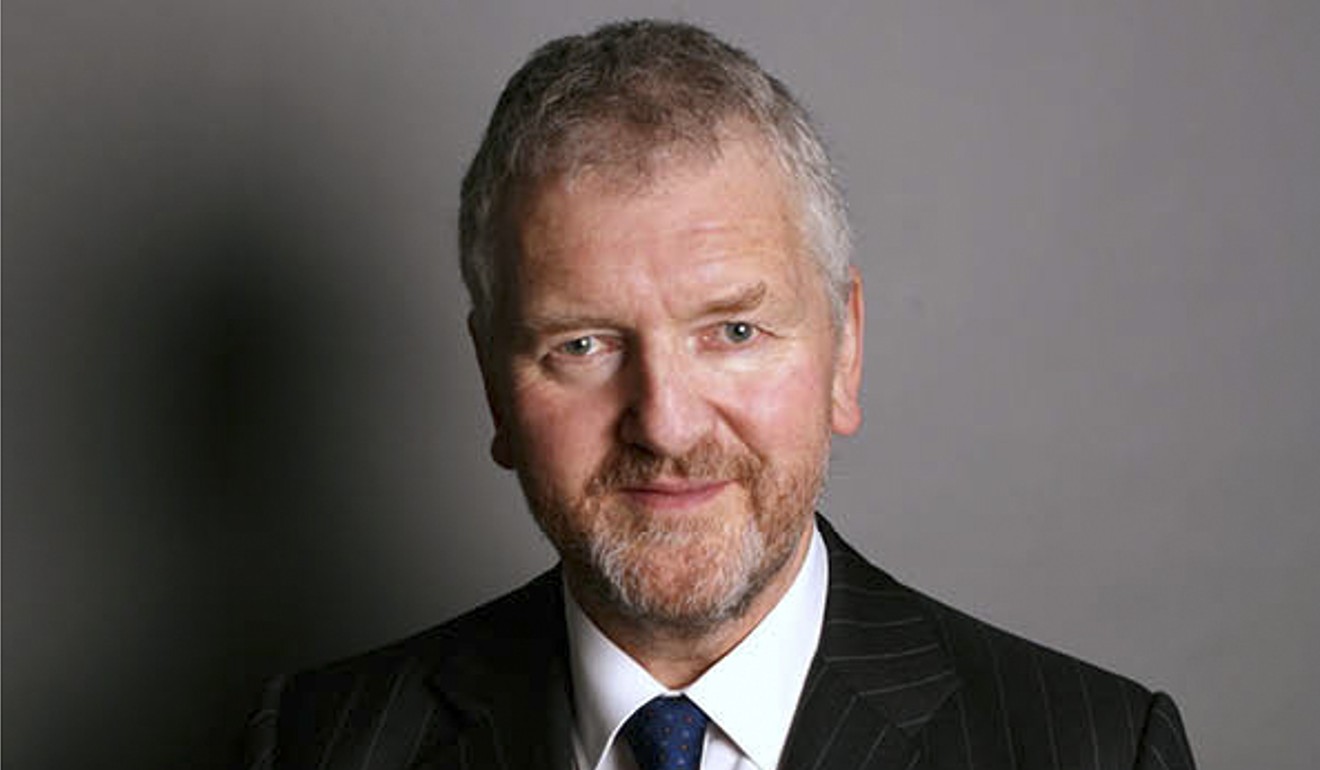
“Academic scholarships are really hard to win. Parents lose sight of this. If your child gets stressed by competition they may find the process unpleasant,” Wallis says. She points out that scholarship exams run for several days and in an environment alien to the child. “So you need to ask yourself whether it’s worth it.”
The financial value of scholarships has diminished, so for some parents, Wallis says, scholarships have become vanity projects. Moreover, she says: “Universities couldn’t care less if an applicant was an academic scholar at their school.”
Phillips says parents should be strongly guided by the head of the child’s prep school. “They are in the best overall position to give sensible advice to the parents and children,” he says.
The IB diploma: what Hong Kong parents need to know about the A-levels alternative
In a nutshell: be mindful of who this is about. Some children are known to have sabotaged their parents’ aspirations because they weren’t as keen – or as confident – as their mother and father were on a given school or scholarship. Save yourself the time, the trouble and the embarrassment by making sure this is what you all want.
Don’t assume that subjecting the applicant to hours of expensive private tuition is going to pay off, either. Heads can smell tutoring a mile off and many say they don’t much care for it, believing it can skew a child’s sustainable ability – like pre-exam cramming. Heads need to know they’re getting an enduring product.
Some also say it can stifle spontaneity and creative thinking, unnaturally boxing in kids who, until then, thought flamboyantly and interestingly and independently.
Although some input or extra teaching may be useful for pupils applying from abroad or from the state school sector, children from prep schools should be sufficiently well prepared, Wallis says.
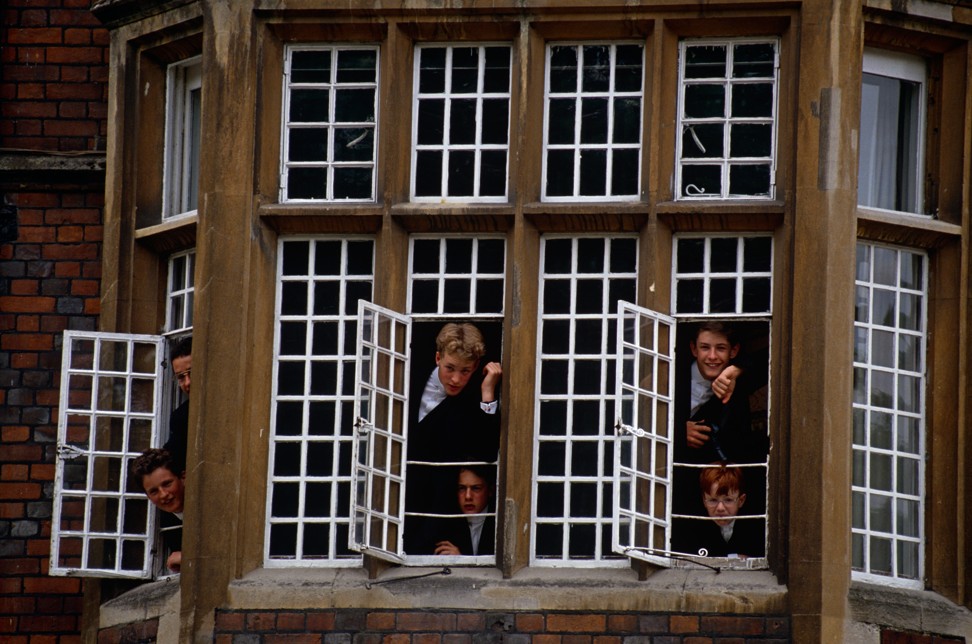
Westminster’s Curtis echoes the sentiment. “We do not believe that tutoring is necessary if a child attends a school that has experience in preparing candidates for scholarship examinations,” he says.
Eton, which also urges parents to take direction from their child’s prep school, offers “advice on the likely material to be covered” in the case of some scholarships.
Hong Kong students with special needs not properly supported by government education system
So what makes a good scholarship candidate? Able kids who enjoy the thrill of the chase, says Wallis. Curtis thinks it is about possessing a range of abilities and a strong work ethic. A scholarship candidate needs to be able to think quickly and articulate their point of view clearly. They must be passionate learners and have the necessary confidence to cope, not just with exams, but an interview as well. They need to be sufficiently comfortable in adult company not to feel intimidated.
The Harrow spokesman says: “It really helps if a child has a natural and engaging manner when speaking to an adult. So experience of adult conversation – around the family dinner table, for example – is beneficial.”
In the end, not all kids are scholars and not all families need fee alleviation. But all schools offer both. Just ask.

